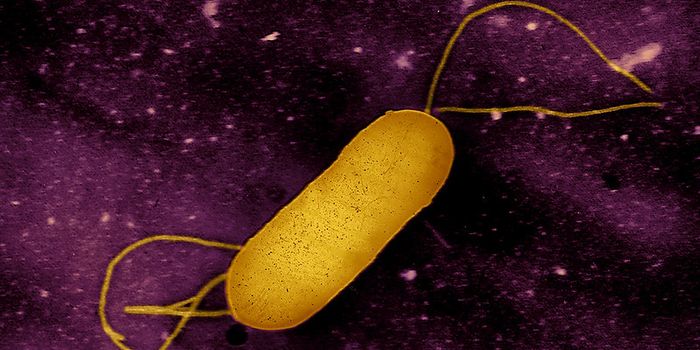In a Warming World, Dormant Soil Microbes are Reactivated
A massive amount of carbon is stored in the soils of our planet, and soil is a crucial reservoir of carbon that helps mitigate the increase of carbon dioxide in the atmosphere. Soil could act as a sink that might absorb even more carbon for days or even years. Soil also contains microorganisms that can affect the carbon cycle in a variety of ways; for example, they can break down organic matter and generate carbon, or consume the carbon in metabolic reactions. It will be important for us to understand how those microbes will respond to climate change, in part because soil contains about ten times more carbon than our atmosphere.
New research has shown that there are more diverse, active microbes in warmer soils compared to cooler soils. It's been assumed that warmer soils promote the growth of microbes, but this study, which was reported in Science Advances, has suggested that as soils get warmer, the change is actually activating microbes that had been dormant.
Around the world, temperatures are rising, and they are expected to continue rising for as long as we continue to burn fossil fuels and emit carbon dioxide into the atmosphere. The activity of soil microbes is also expected to increase, which will accelerate climate change; this phenomenon is known as soil carbon-climate feedback.
"For decades, scientists have assumed that this response is driven by increased growth rates of individual microbial taxa in a warmer climate," noted senior study author Andreas Richter of the Centre for Microbiology and Environmental Systems Science (CeMESS) at the University of Vienna.
For this study, the investigators went to Iceland and surveyed subarctic grasslands that have experienced decades of geothermal warming. This natural process has increased the local soil temperatures compared to areas nearby. The researchers collected soil cores, identified the active microbes within the soil, and assessed their growth rates at ambient temperatures and temperatures that were 6 degrees Celsius higher.
"We saw that more than 50 years of consistent soil warming increased microbial growth at the community level," said first study author and graduate student Dennis Metze. "But remarkably, the growth rates of microbes in warmer soils were indistinguishable to those at normal temperatures."
However, the microbial community in warmer soils contained a more diverse array of active microbes.
The soil microbiome's response to climate change has been a kind of 'black box' in modeling, noted study co-author and associate professor Christina Kaiser. Studies like this one can help us make more accurate predications about how soils will respond to climate change, and what we might do to prepare for it.
Sources: University of Vienna, Science Advances









